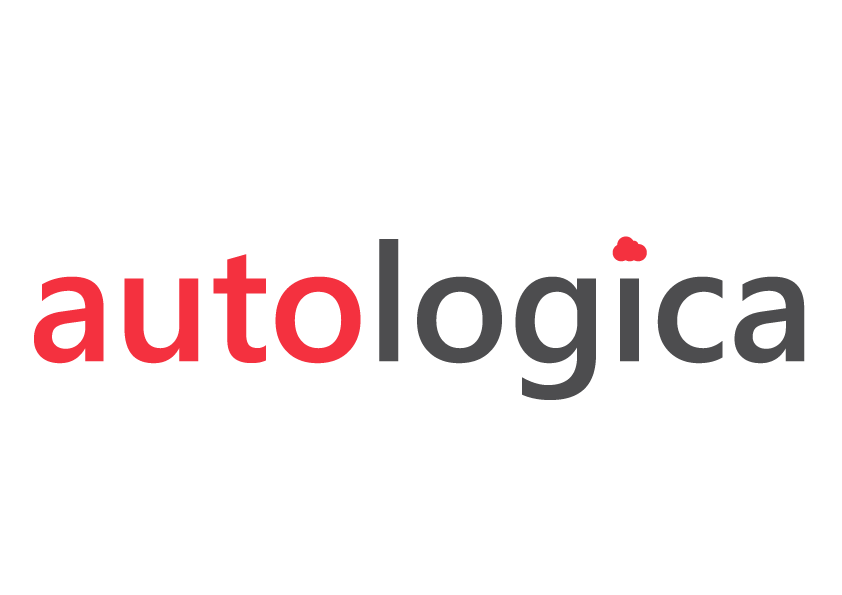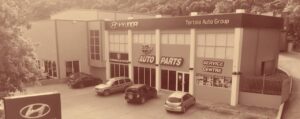Before hiring a salesperson for the sales team their profile is analyzed in detail; the same happens when you design the stages of the sales process. Each process related to the sale involves a great investment of time… but is the same effort and time invested in choosing a CRM that adapts to these processes?
The selection of the software tool that will manage interactions with potential customers should not be left to chance; this is a key decision that influences the success of the Sales Department. In this article we will look at some key features that a CRM specifically designed for dealers must have.
The first information of the day is the most important
A Dashboard can improve time management by providing on a single screen the information that is important for the Sales Manager and for each salesperson, so that they know what to prioritize each day. Sales goals, open opportunities for each business unit, overdue tasks ,and the sales funnel are among the data that must be analyzed daily to make the right decisions.
Geolocation of each customer
Every contact with a potential customer is an opportunity to learn more about them: contact information, interests, hobbies, etc. This allows us to have a better knowledge of each customer, but there is a function that not many CRMs include and that for the dealership is key: geolocation.
Why is it important to be able to geolocate customers and prospects ?
- We can optimize each salesperson’s route
- We can analyze “hot” areas, where the greatest number of people are concentrated, in order to hold events
- We can create marketing campaigns addressed to specific places
- The Sales Manager can see the route of visits made each day by each salesperson
DMS integration
The two functions mentioned above are very important, but there is something that is much more valuable for a CRM designed for dealerships: the integration with other systems. Without this, a salesperson has to upload the same information in the dealer management system (DMS) and in the CRM. This provokes errors, the waste of time, and duplicate information.
The integration between a dealer management system and a CRM is used to share key information such as:
- Vehicles with price, cost and availability
- Data of each customer and opportunity, including vehicles they own
- Data of the last service performed by the customer, for aftersales campaigns
- Used vehicles available to offer interested parties
Reaching the dealership’s goals depends on the right strategy and the right tools.






